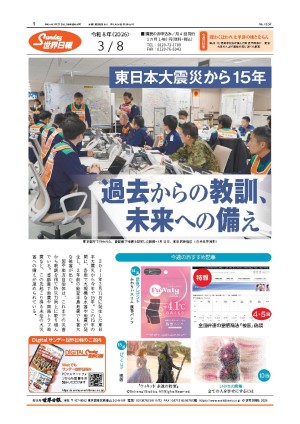新型コロナで大揺れの米大統領選、確かな予言は混沌だけ Outbreak shakes up presidential race; prognosticators certain only of chaos
2020年米大統領選は、(チャールズ・ディケンズの小説『二都物語』ならぬ)「二選挙物語」だ。
最初は新型コロナウイルスが拡散する前、つまりBC(Before Coronavirusの略)の選挙だったが、それがウイルス拡散後、つまりPV(Post-virusの略)の選挙に一変してしまった。
BCでは、トランプ大統領は好景気に乗って支持率が上がる一方、対立が絶えない民主党候補者たちは、どこまで社会主義に傾斜すべきかを議論していた。オッズメーカーは、トランプ氏が11月の選挙で再選される可能性は50%以上と予想していた。
...【全文を読む】







